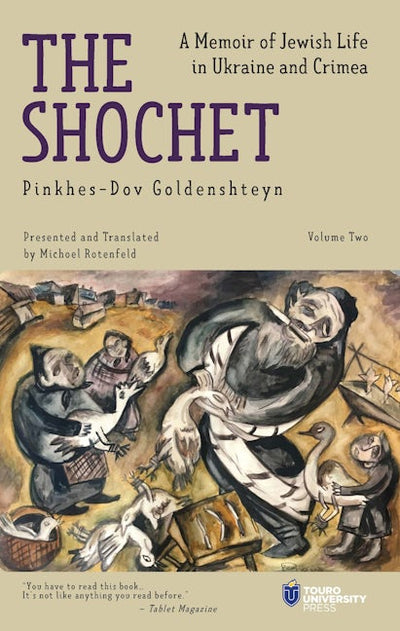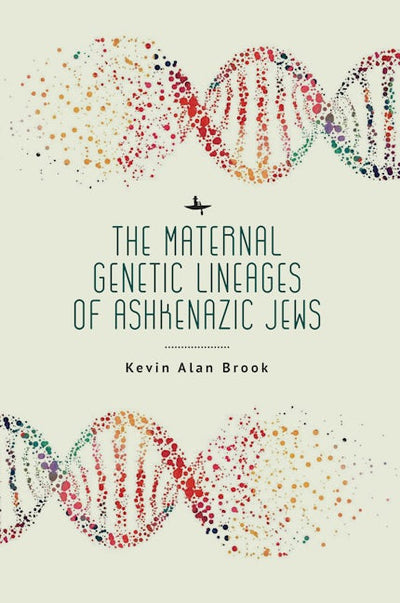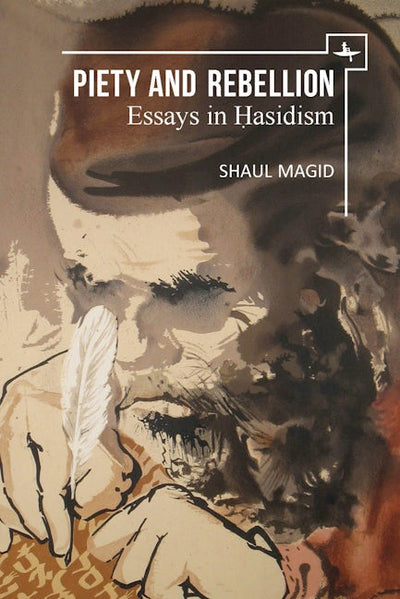You may also like
On the Margins of Orthodoxy
Regular price $89.00 Save $-89.00Among scholars of Jewish Studies, the process, history, and literature of exiting one’s native religious community is increasingly recognized as a new area within the field which, ironically, has a history stretching back to antiquity. By presenting scholarship from a diverse range of disciplines—including history, sociology, psychology, and gender studies—this volume deepens and broadens readers’ understanding of the complexity of the topic of taking leave of the Orthodox community in which one has been raised and establishing a different kind of life that is outside of its borders.

The Shochet (Vol. 2)
Regular price $44.95 Save $-44.95“A fitting conclusion to a well-researched and meticulously edited memoir translation.” — Kirkus Reviews
“You have to read this book… It’s not like anything you read before.” — Tablet Magazine
Set in Ukraine, Crimea, and Israel, this unique two-volume autobiography offers a fascinating, detailed picture of life in Tsarist Russia and Israel during the late 19th and early 20th centuries. Goldenshteyn (1848-1930), a traditional Jew who was orphaned as a young boy and became a shochet (kosher slaughterer) as a young man, is a master storyteller. Folksy, funny, streetwise, and self-confident, he is a keen observer of his surroundings. His accounts are vivid and readable, sometimes stunning in their intensity.
The memoir is brimming with information. Goldenshteyn’s adventures shed light on communal life, persecution, family relationships, religious practices and beliefs, social classes, local politics, interactions between Jews and other religious communities, epidemics, poverty, competition for resources, migration, war, technology, modernity and secularization. In chronicling his own life, Goldenshteyn inadvertently tells a bigger story—the story of how a small, oppressed people, among other minority groups, struggled for survival in the massive Russian Empire and in the Land of Israel.
Volume two begins in 1873, when Goldenshteyn obtains his first position as a shochet in Slobodze, and it follows him to the Crimea, where he endures 34 years of vicissitudes. In 1913, he fulfills a dream of immigrating to the Land of Israel, hoping to find tranquility in his old age. Instead, he is met with the turbulence of the First World War, as battles rage between the retreating Ottoman Turks and the advancing British forces.
Informed by research in Ukrainian, Israeli and American archives and personal interviews with the few surviving individuals who knew Goldenshteyn personally, The Shochet is a magnificent new contribution to Jewish and Eastern European history.

The Maternal Genetic Lineages of Ashkenazic Jews
Regular price $29.95 Save $-29.95
Piety and Rebellion
Regular price $34.00 Save $-34.00
Mosquito
Regular price $49.95 Save $-49.95Published in 1911, and then expanded and republished in 1922, Mosquito consists of 36 poems ranging in lengths from six lines to over one hundred and fifty. It contains Akhmet Baitursynov’s most overtly political poems, aimed at the yet-to-exist Kazakh nation: to his people, to his kin, and to the many future sons and daughters of Kazakhstan. His intentions with the collection are clear, as we see in the opening lines of the poem “Author’s Note”: to buzz around the sleeping Kazakh populace in hopes of awakening them with a rallying cry.

Mosquito
Regular price $24.95 Save $-24.95Published in 1911, and then expanded and republished in 1922, Mosquito consists of 36 poems ranging in lengths from six lines to over one hundred and fifty. It contains Akhmet Baitursynov’s most overtly political poems, aimed at the yet-to-exist Kazakh nation: to his people, to his kin, and to the many future sons and daughters of Kazakhstan. His intentions with the collection are clear, as we see in the opening lines of the poem “Author’s Note”: to buzz around the sleeping Kazakh populace in hopes of awakening them with a rallying cry.







